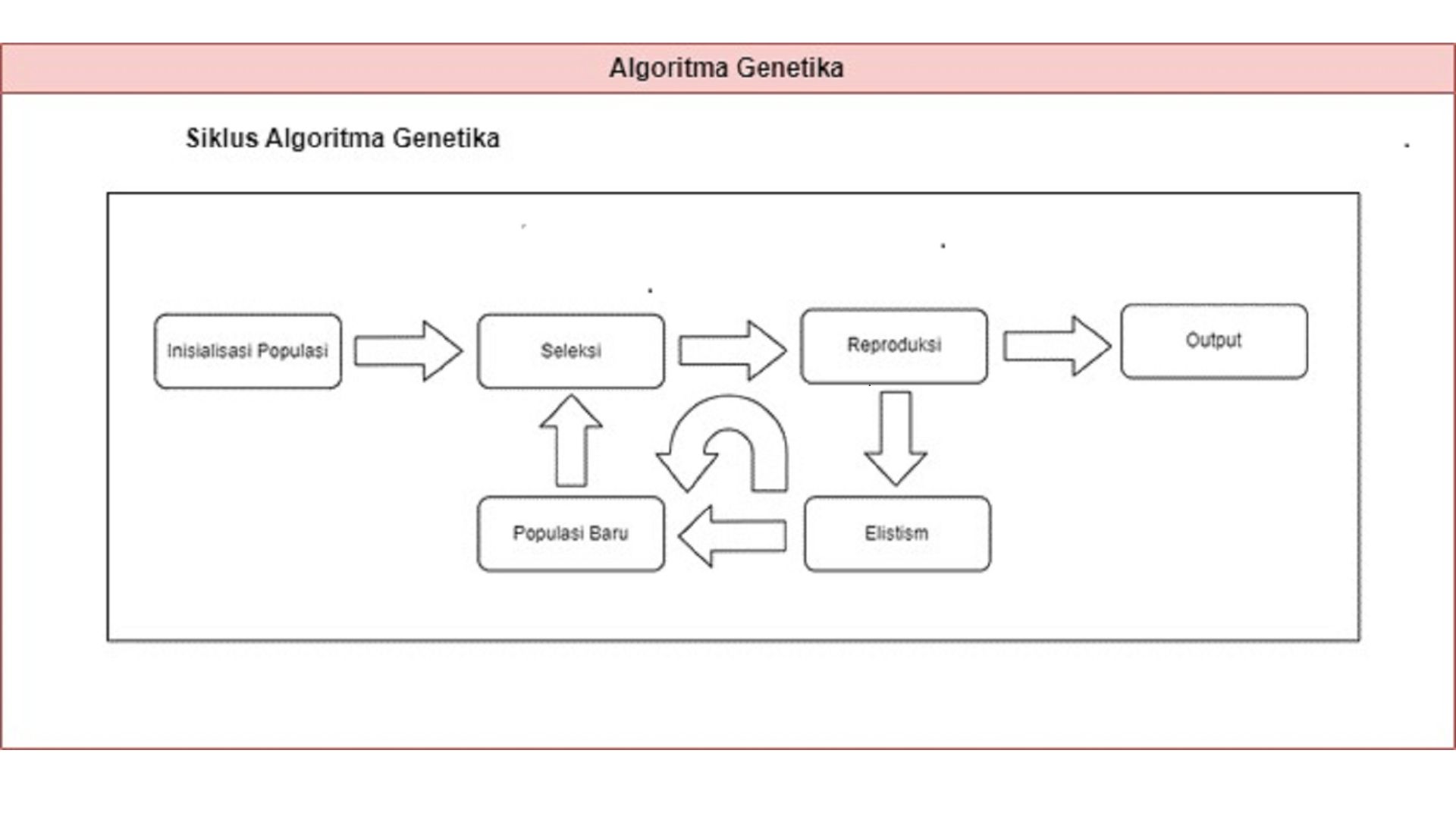APPLICATION OF GENETIC ALGORITHMS FOR SCHEDULING THESIS TRIALS IN THE INFORMATION SYSTEM OF INFORMATICS THESIS SERVICES, UNIVERSITY OF TECHNOLOGY SUMBAWA
Keywords:
Algorithm, Genetic Algorithm, Scheduling, RAD, Code IgniterAbstract
Genetic Algorithm is an optimization technique inspired by natural evolution processes, utilizing the concepts of selection, crossover, and mutation to find optimal solutions for combinatorial optimization problems such as scheduling. RAD (Rapid Application Development) method is employed in the system development to ensure fast, efficient, and adaptive progress. In this study, Genetic Algorithm is applied to efficiently schedule thesis defense sessions based on the availability of examiners and students' time preferences. The Genetic Algorithm process mimics natural evolution, where the fittest individuals are selected to reproduce through crossover and mutation operations, leading to the generation of improved solutions iteratively. RAD method enables rapid and adaptive system development through iterative cycles of development and evaluation. With this approach, the research aims to enhance the efficiency and quality of thesis defense scheduling, optimizing resource utilization, and minimizing scheduling conflicts. The results demonstrate that implementing Genetic Algorithm with RAD method successfully generates more optimal and efficient thesis defense schedules, thereby assisting the Informatics program at Universitas Teknologi Sumbawa in conducting relatively quick and accurate scheduling of thesis defense sessions.

